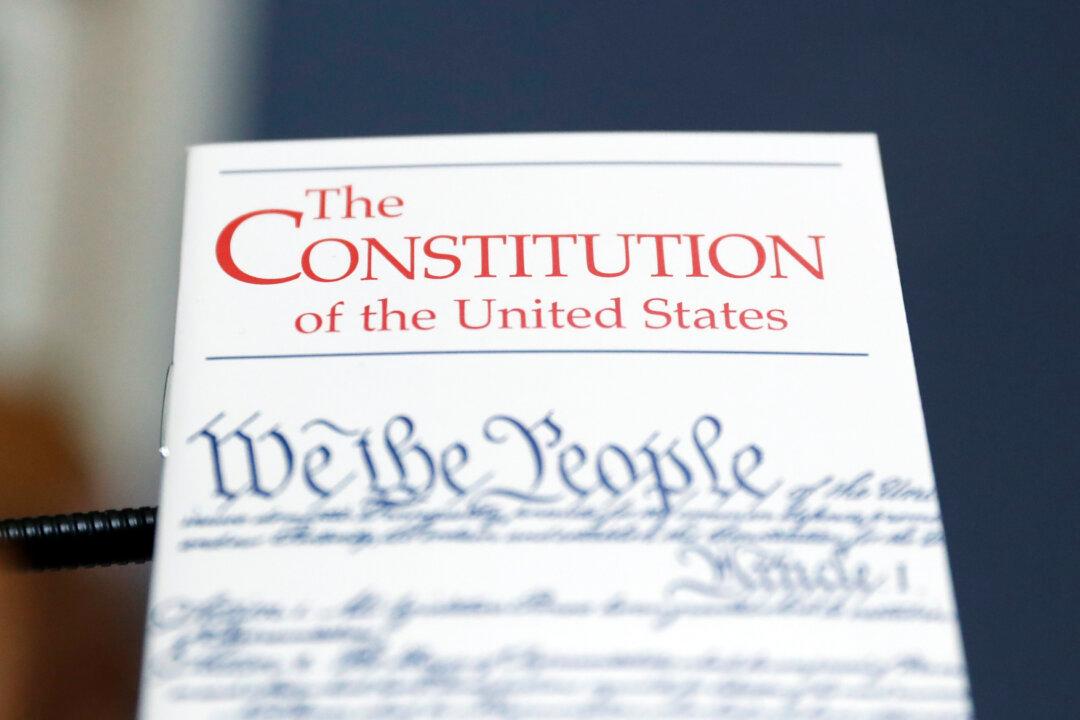Robert Brown, a constitutional expert at the John Birch Society, a political advocacy group for small government, told The Epoch Times’ “Crossroads” program that there are risks associated with the Convention of States project. Some conservatives have proposed it as a way to amend the U.S. Constitution and pull it further to the right, but it could inadvertently lead to a new Constitution that is farther to the left.
The Convention of States project seeks to use Article 5 of the U.S. Constitution to establish a body that could assemble and act independently of Congress to adopt constitutional amendments that would limit the power and jurisdiction of the federal government, place term limits on federal officials, and impose fiscal restraints.





